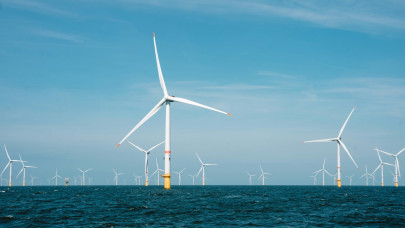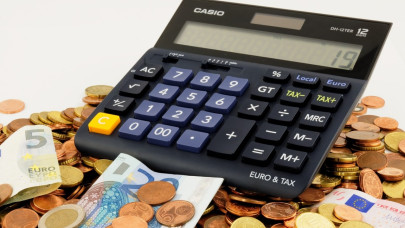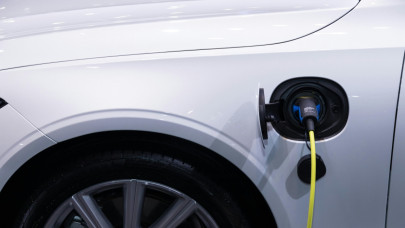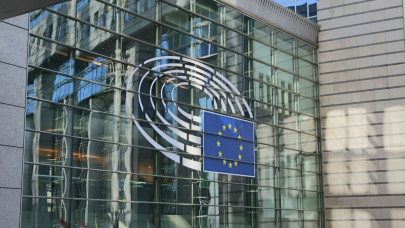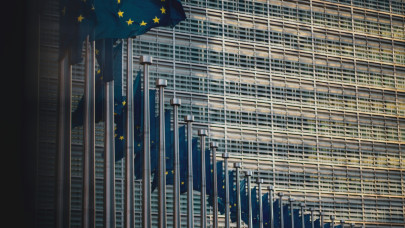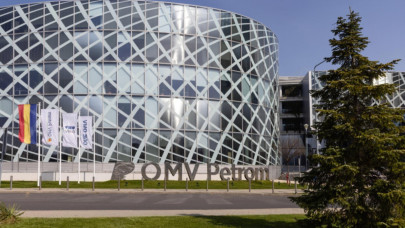In 2023, the EU budget continued delivering on our priorities. Under the Recovery and Resilience Facility (RRF), the centrepiece of NextGenerationEU (NGEU), in 2023 Member States received payments for more than 700 fulfilled milestones and targets, including in relation to 22 growth-enhancing reforms in line with country-specific recommendations under the European Semester.
Along with its NGEU the 2023 EU budget invested €159 billion (38% of its total spending) in climate-related actions for the benefit of EU citizens. This prevented, for example, around 87 million tonnes of carbon dioxide from polluting our environment annually. Moreover, the introduction of NGEU Green Bonds, which raised €49 billion by the end of 2023, has further boosted climate financing and expanded the EU sustainable finance market.
Furthermore, in the current 2021-2027 budget period, by 2023, almost €15 billion were dedicated to developing high-capacity broadband and 5G networks to enhance the digital connectivity, offering citizens and businesses better access to the digital single market.
Moreover, the EU budget played a vital role in supporting Ukraine in its efforts against Russia's war of aggression and contributed to its path towards the accession to the EU. By the end of 2023, the EU and its Member States had provided Ukraine and its people with nearly €85 billion in assistance. This included the disbursement of €18 billion in highly concessional loans as part of an unprecedented support package through the Macro-Financial Assistance Plus instrument.
Under the European Solidarity Fund (EUSF), a tangible expression of EU solidarity with populations affected by natural disasters, over €755 million was paid out in 2023 to four Member States to support recovery and reconstruction.
Finally, in 2023, the Commission dedicated €2.4 billion in humanitarian aid, including quadrupling its humanitarian aid for Palestinians affected by the ongoing hostilities in the Middle East, with over €100 million.
The Commission welcomes the decision of the ECA to give the EU annual accounts a clean bill of health, for the 17th year in a row. Like in previous years, the ECA found that the collection of the EU revenues was free from significant error.
The Commission has, however, noted the ECA's negative opinion on the regularity of spending under the Multiannual Financial Framework (MFF) and its qualified opinion on the RRF. The Commission recalls that the estimated level of error reported by the ECA is not a measure of fraud, inefficiency, or waste – but rather administrative irregularities that do not impact the end result of a project and are usually recovered or corrected. At the same time, the Commission agrees that improvements are needed, and it is acting accordingly.
Furthermore, given their different respective roles as external auditors and manager of the EU budget, the two institutions may have differences in their methodologies to assess whether an error has taken place and to estimate the financial impact of that error. In some cases, this can lead to different results. The Commission continues to stand ready to work closely with the ECA to further align audit methodologies and interpretation of rules, in full respect of both institutions' independence and prerogatives.
For instance, the Commission agrees that improvements are needed when it comes to complex spending rules, and it is actively working on them. Both the ECA and the Commission also agree on which types of spending are most prone to spending errors, and where actions need to be taken to better protect the EU budget.


